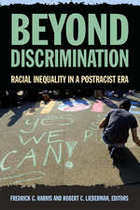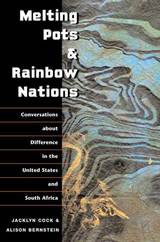eISBN: 978-0-8223-8703-9 | Cloth: 978-0-8223-3606-8 | Paper: 978-0-8223-3619-8
Library of Congress Classification E184.A1B34 2005
Dewey Decimal Classification 305.800973
Behdad shows how political, cultural, and legal texts have articulated American anxiety about immigration from the Federalist period to the present day. He reads texts both well-known—J. Hector St. John de Crèvecoeur’s Letters from an American Farmer, Alexis de Tocqueville’s Democracy in America, and Walt Whitman’s Leaves of Grass—and lesser-known—such as the writings of nineteenth-century nativists and of public health officials at Ellis Island. In the process, he highlights what is obscured by narratives and texts celebrating the United States as an open-armed haven for everyone: the country’s violent beginnings, including its conquest of Native Americans, brutal exploitation of enslaved Africans, and colonialist annexation of French and Mexican territories; a recurring and fierce strand of nativism; the need for a docile labor force; and the harsh discipline meted out to immigrant “aliens” today, particularly along the Mexican border.
See other books on: Cultural pluralism | Emigration and immigration in literature | Immigration | National characteristics, American | National characteristics, American, in literature
See other titles from Duke University Press




























